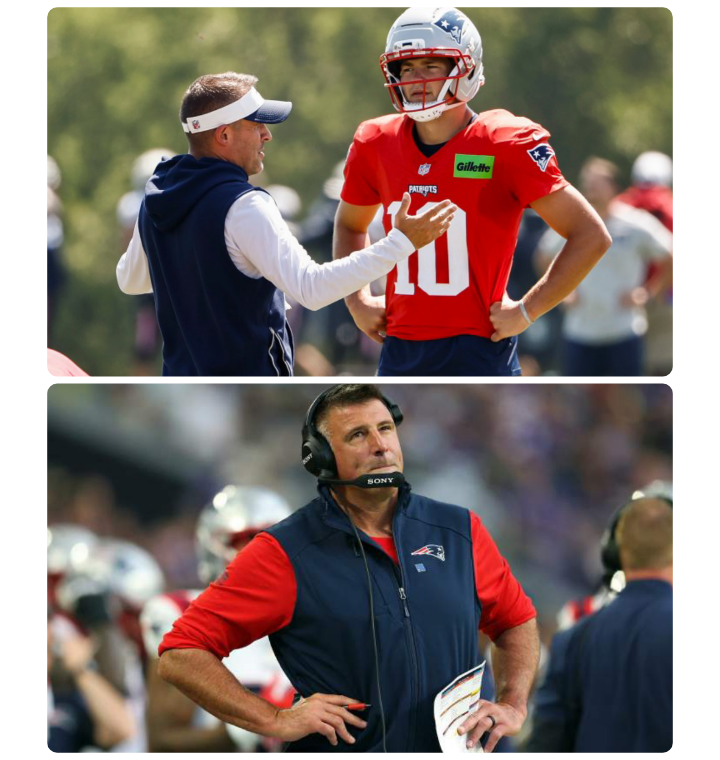The Patriots offensive scheme has become the focal point of preseason debate, with analysts and fans pointing to it as the team’s biggest problem before the start of the year. While New England has improved its roster with fresh talent on both sides of the ball, lingering doubts about the offensive approach continue to overshadow optimism.
One of the main criticisms centers on creativity and adaptability. Opposing defenses often seemed to predict the Patriots’ plays last season, which left the offense stagnant and inconsistent. Without a clear identity, the unit struggled to string together scoring drives and put unnecessary pressure on the defense. Unless major adjustments are made, the same issues could resurface this fall.
Personnel fit is another challenge. While the Patriots have young talent developing at skill positions, questions remain about whether the offensive scheme maximizes their strengths. Wide receivers have at times been underutilized, and the running game has lacked balance. A modern NFL offense thrives on versatility, and New England will need to show more flexibility if it hopes to keep pace with high-powered opponents.
Coaching stability is also under scrutiny. With changes in staff roles and responsibilities, the team has struggled to maintain consistency in offensive planning. Players thrive in systems that allow them to develop chemistry and confidence, but the Patriots’ constant tweaks have prevented steady growth. The responsibility now falls on the coaching staff to simplify the approach and play to the roster’s strengths.
Despite these concerns, there are reasons for cautious optimism. If the Patriots can streamline their offensive scheme and establish an identity early, the unit has the potential to surprise critics. Quarterback play will be critical, but so will the ability of the coaching staff to adapt to modern trends and maximize talent.




















